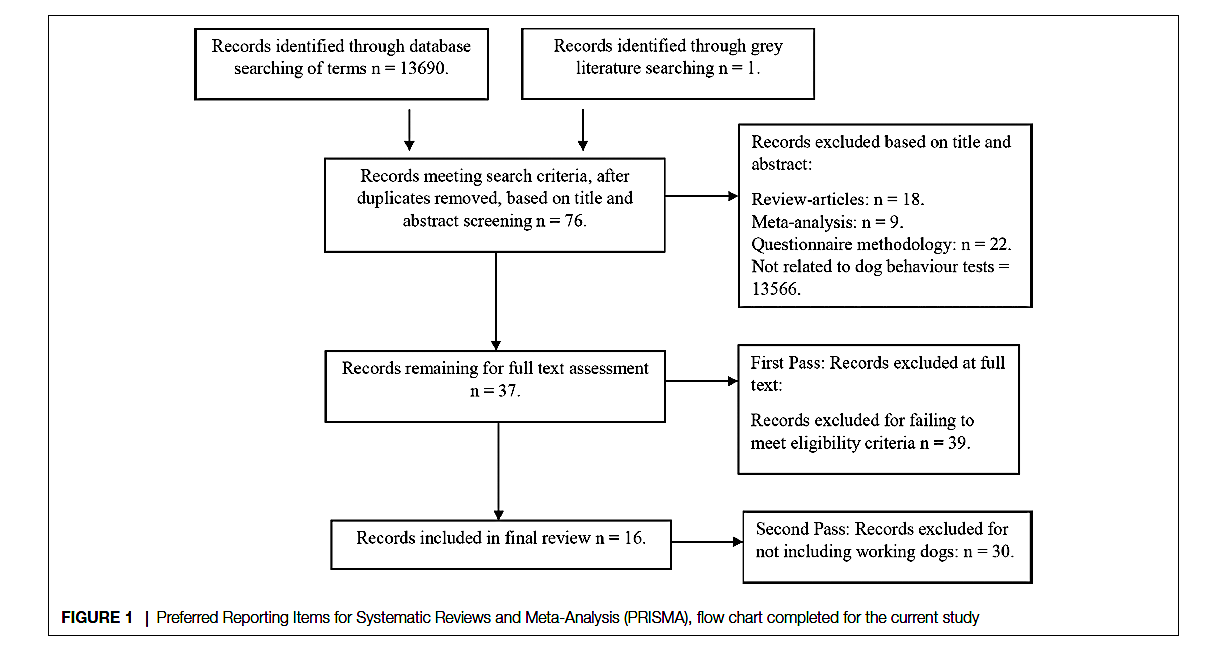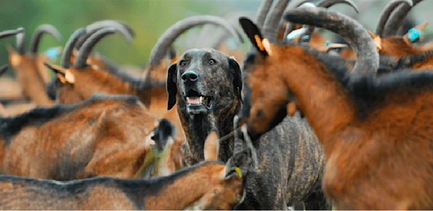I have no idea whether the majority of these people know what they're doing. I can tell you, though, that the scientific literature about behavior in dogs is a morass of tangled, insufficient, and often contradictory studies. In fact, in the field of canine behavior, science is marching forward very slowly, even as the ranks of lay behaviorists swell and practitioners claim to become ever more authoritative and confident of their expertise.
A recent study evaluated the reliability and validity of various behavioral tests that are used to assess the traits of working dogs (Brady et al 2018). What the researchers found should give pause to anybody that professes to have a deep and true understanding of canine behavior.
For the selected studies, they evaluated the reliability, repeatability, and predictive validity of the behavioral tests, both within and among "raters" (the individuals conducting the evaluation). They had an assortment of problems to deal with, like the use of different terminology for the same trait. More seriously, they found that data were often inadequately reported, statistical analyses were misinterpreted, and there was an overall lack of concordance in the various methods used for assessment.
Ultimately, they concluded that there is "a widespread lack of information relating to the reliability and validity of measures to assess behaviour and inconsistencies in terminologies, study parameters and indices of success...This review indicates that we are still not addressing concerns over the lack of standardisation (sic) amongst research on dog behavioural tests".
Buyer beware.
Brady, K., N. Cracknell, H. Zulch, and D.S. Mills. 2018. A systematic review of the reliability and validity of behavioural tests used to assess behavioural characteristics important in working dogs. Frontiers in Veterinary Science 5(103);doi: 10.3389/fvets.2018.00103.
|
Are you interested in dog behavior?
You can learn about the genetic basis of behavior in dogs in ICB's online course. |
The Genetics of Behavior & Performance
Online course starts 4 March 2019
10 weeks, $125
ICB's online courses
***************************************
Visit our Facebook Groups
ICB Institute of Canine Biology
...the latest canine news and research
ICB Breeding for the Future
...the science of animal breeding



